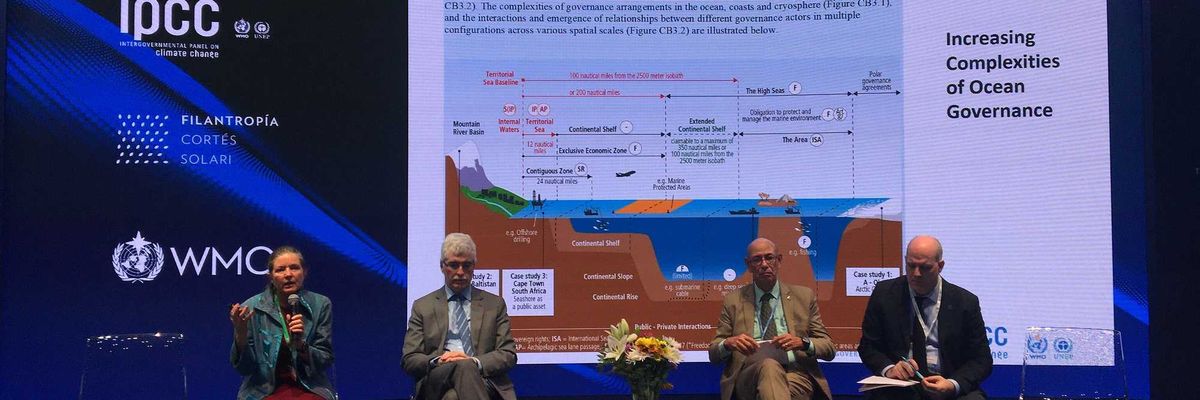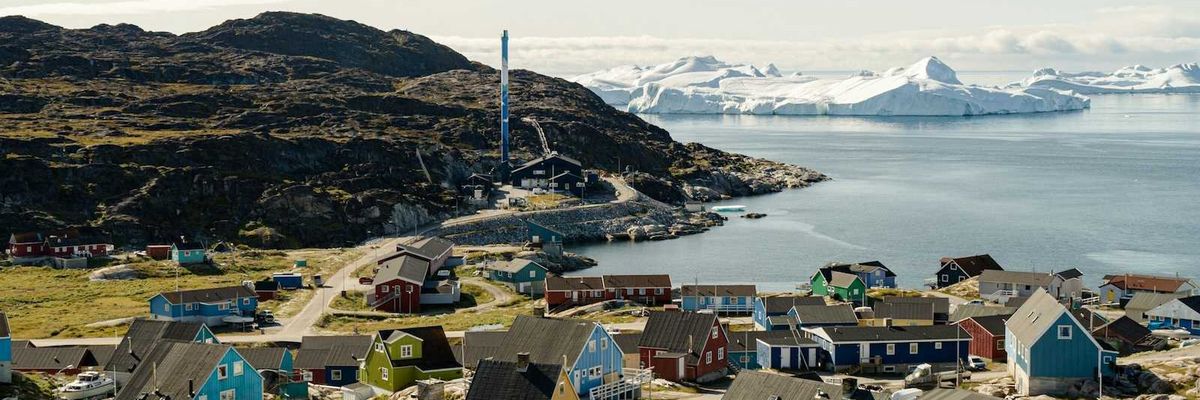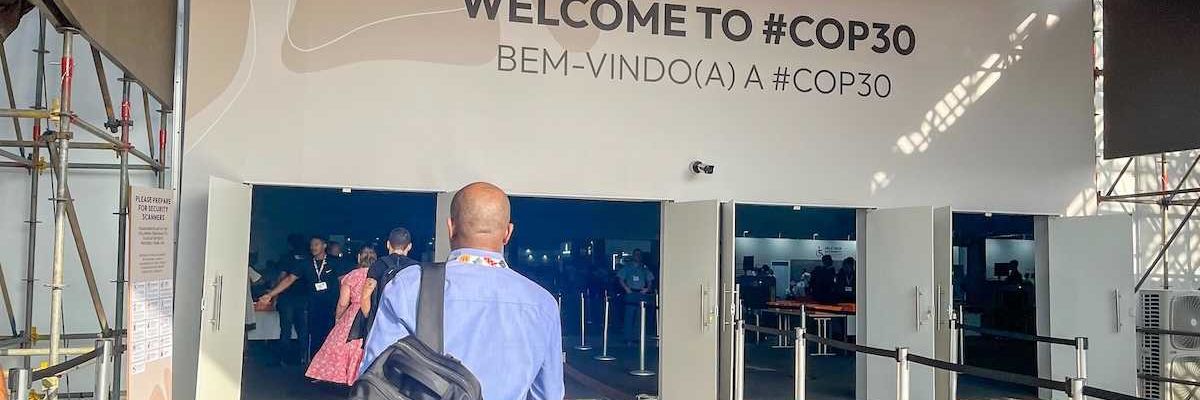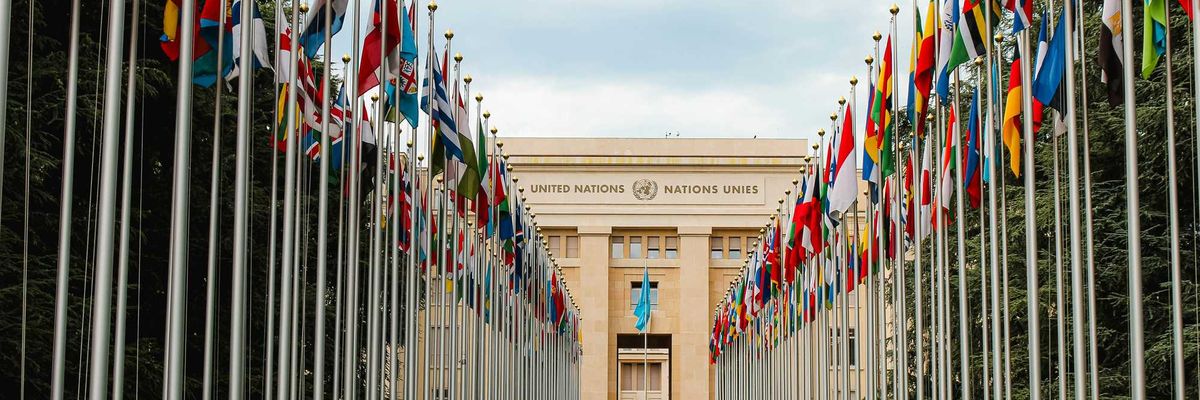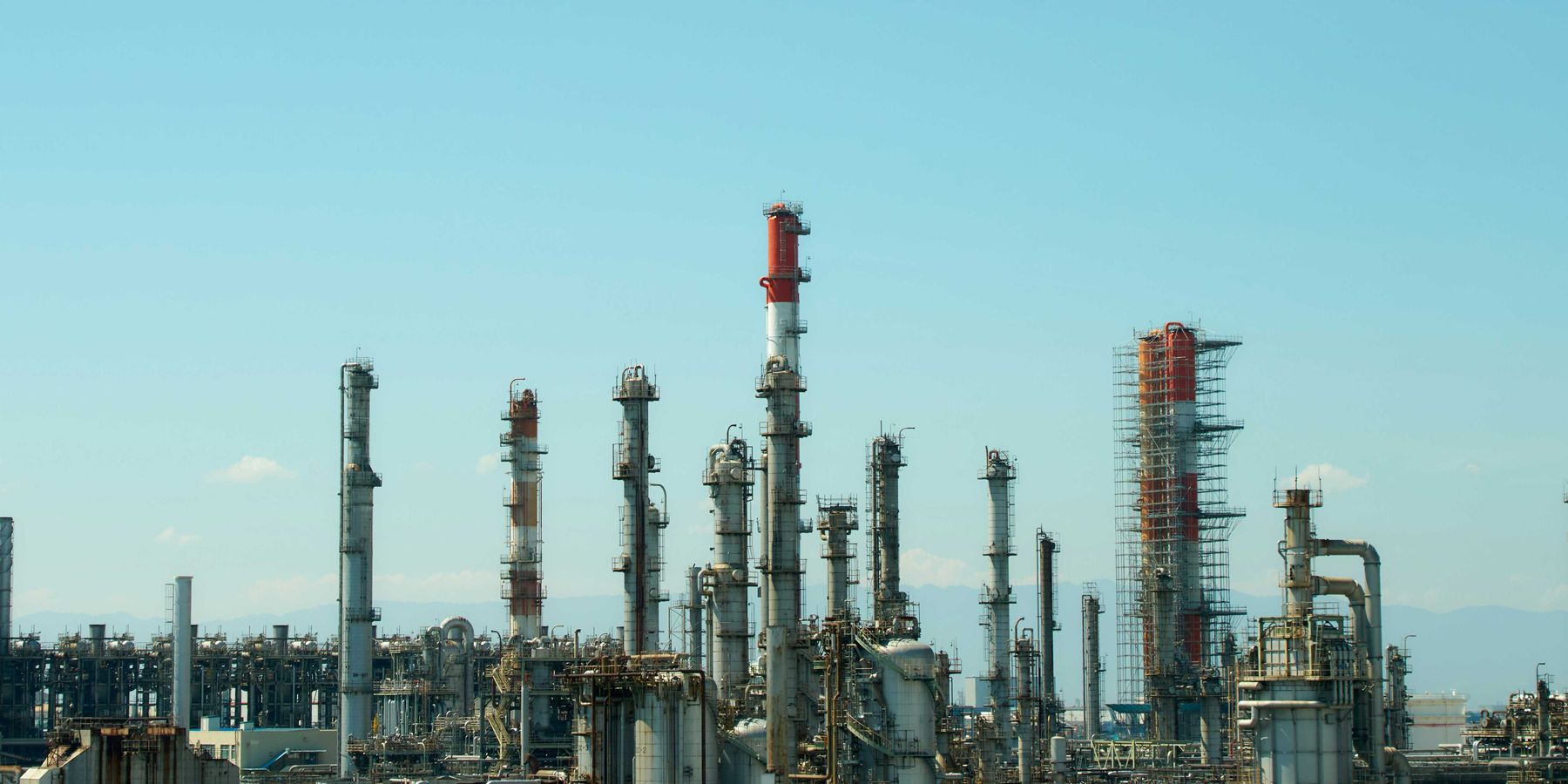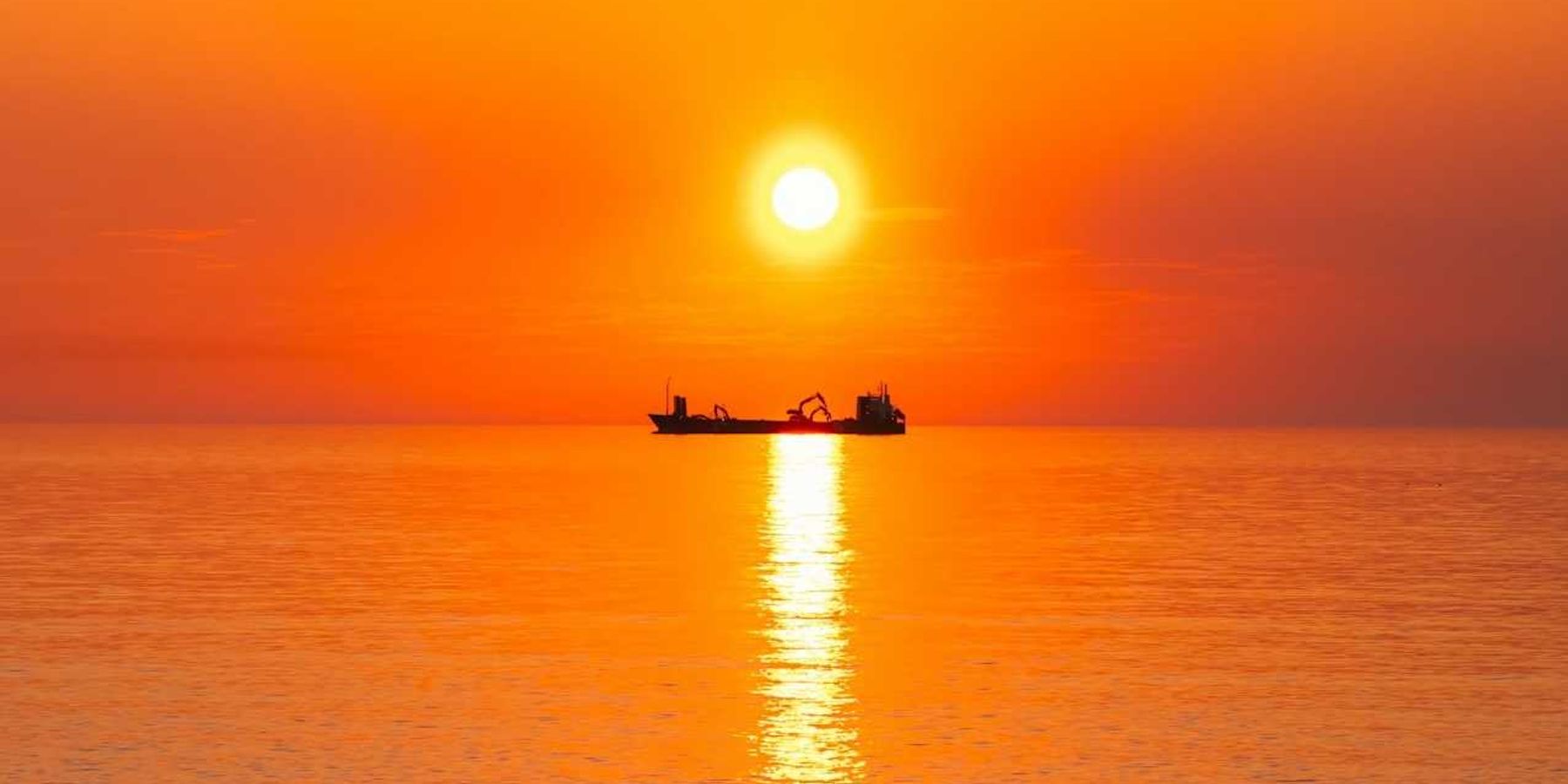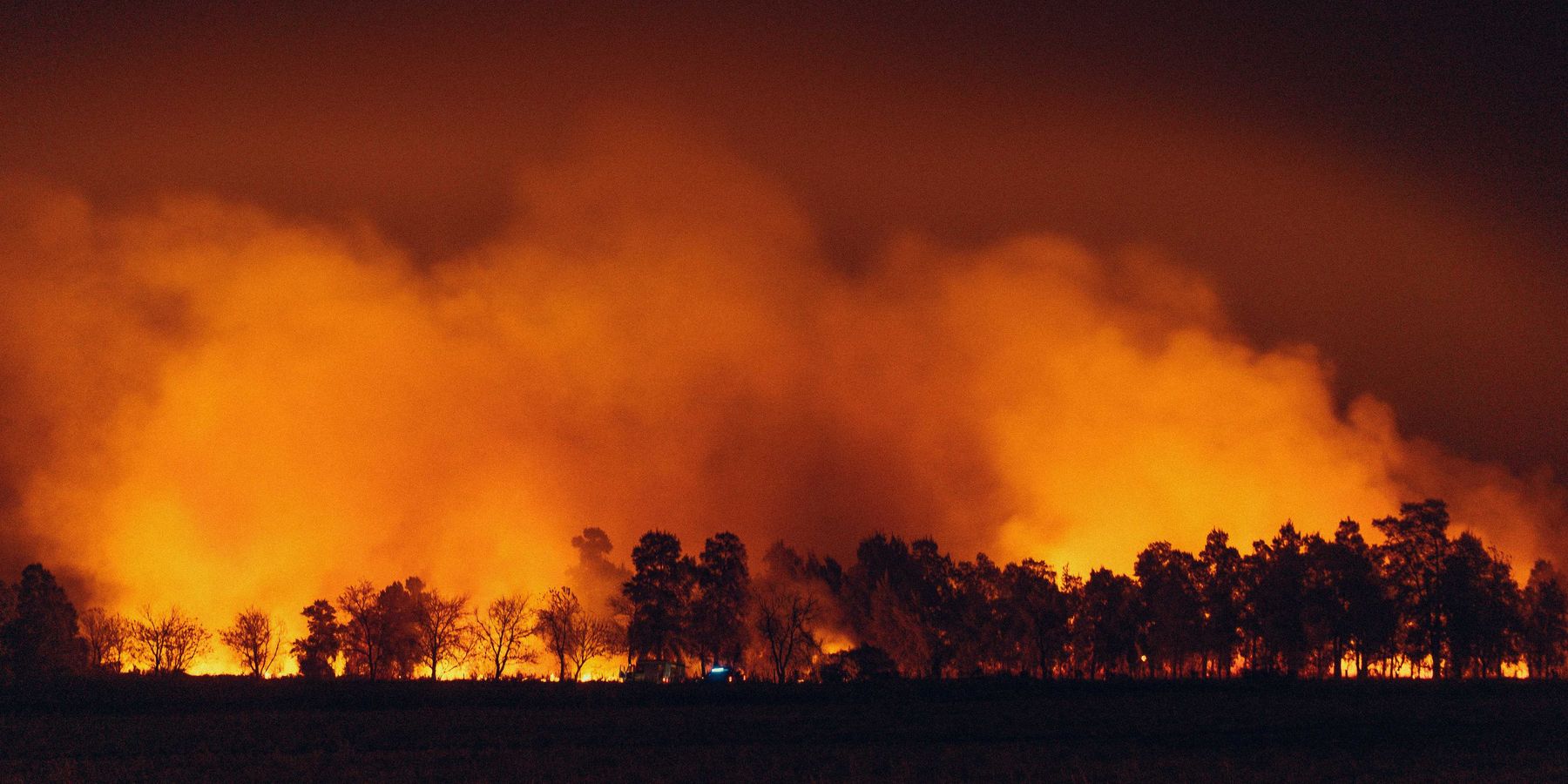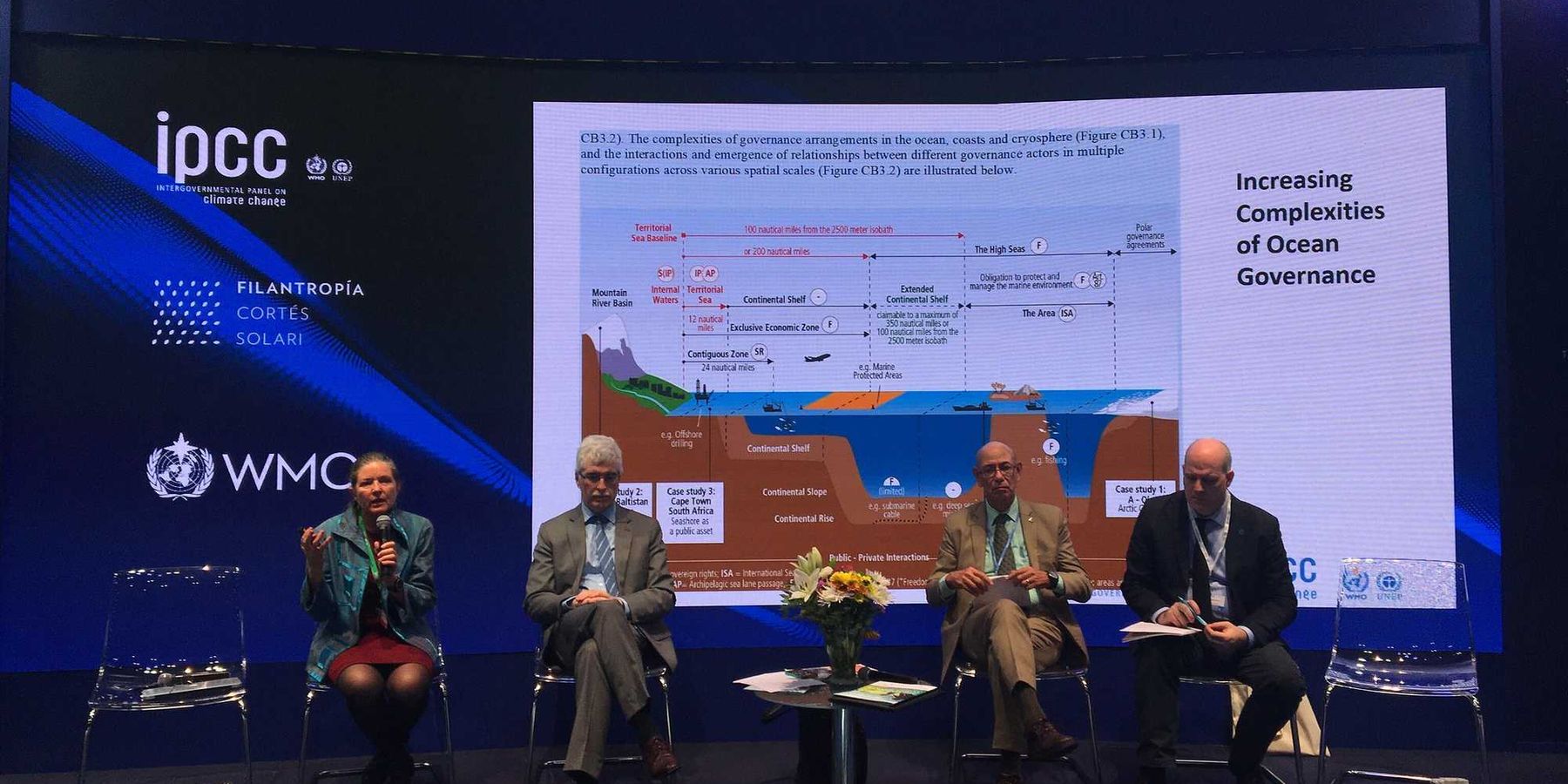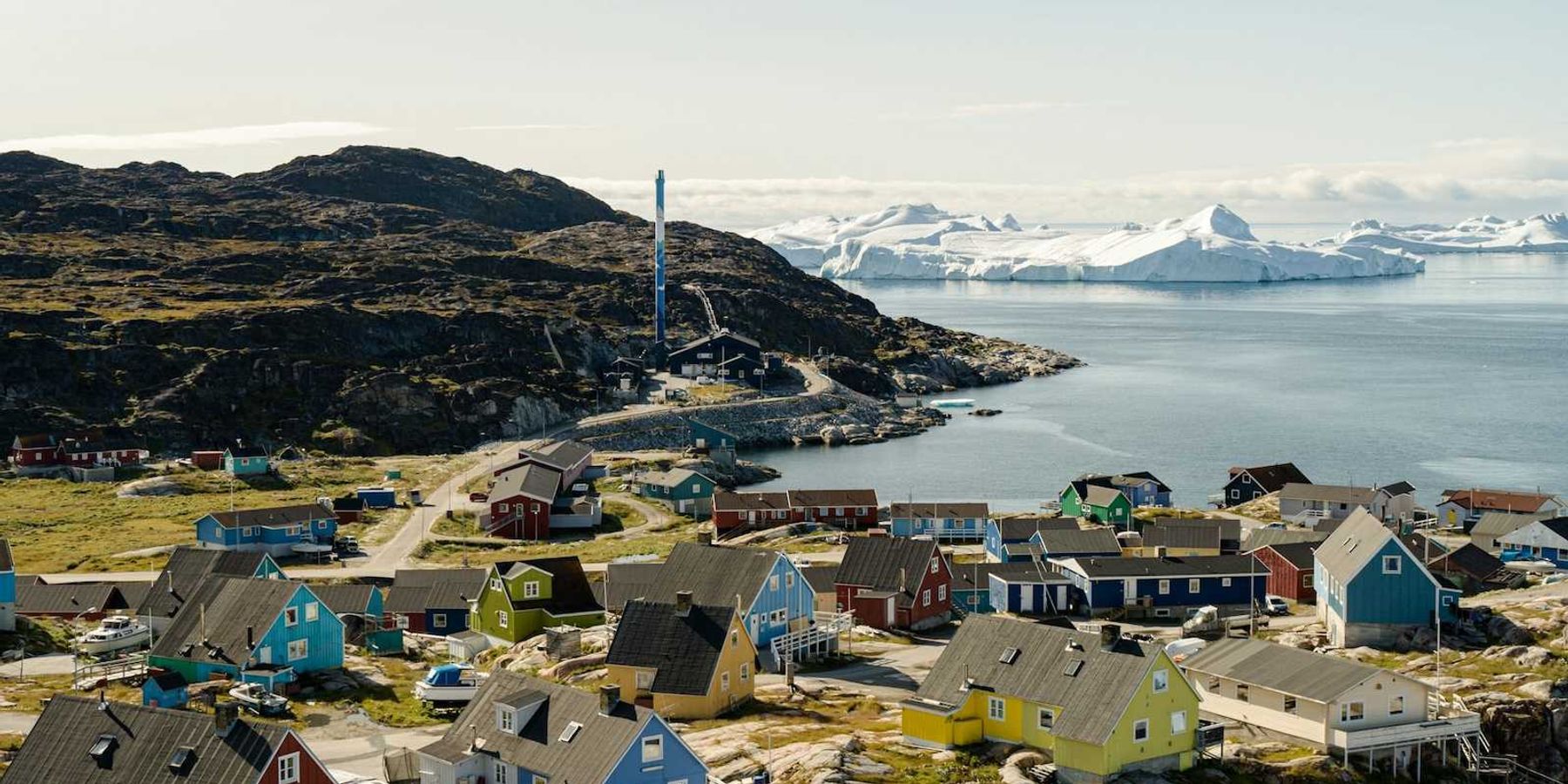ocean pollution
Diving into the deep ocean's mysteries and challenges
A deeper dive into the ocean's heart reveals a world rich with life, challenging our understanding of Earth's biosphere and highlighting the dire consequences of human pollution.
In short:
- Discoveries in the deep sea, such as hydrothermal vents and new species, expand our knowledge of life's potential habitats, including implications for extraterrestrial life.
- Human activity, including dumping nuclear waste and plastics, severely impacts deep-sea environments, affecting ecosystems and potentially human health.
- The deep ocean's history and its role in the Earth's biosphere suggest a need for a paradigm shift in how we view and treat this vast, interconnected habitat.
Key quote:
"The deep ocean is the largest environment on Earth, making up 95% of the ocean biosphere and, depending on how you measure it, close to 90% of the livable space on the planet."
— James Bradley, The Guardian.
Why this matters:
The deep ocean's role in Earth's biosphere challenges our human perception of biodiverse habitats and the need to make the conservation of these mysterious depths a matter of urgency for both the planet's and our own health. Conflicting interests muddy the waters of US ocean protection.
IAEA, Japan agree on continuous safety review of Fukushima water
There might be less plastic in the sea than we thought. But read on.
Grist: The race to defuse an oil 'time bomb' disaster threatening the Red Sea
Saqib Rahim writes for Grist that a UN plan to save the decaying FSO Safer and avert a spill four times larger than the Exxon Valdez is "only half a solution, but it’s better than nothing."
In a nutshell:
Since 2019, the United Nations has warned that the abandoned vessel Safer, which holds a million gallons of crude oil, could release its polluting cargo at any time, and that it is vulnerable to terrorist attacks. A massive release of oil could pollute the Red Sea for decades, even centuries, Rahim reports. But the war in Yemen prevented any action to secure the tanker, which is owned by the Yemeni national petroleum company SEPOC, until May. That's when a UN crew was permitted to board for the initial steps of an emergency operation, which finally appears to be getting under way.
Key quote:
“It is an operation for which there are no absolute safety nets. Let’s be very clear,” Achim Steiner, administrator of the United Nations Development Programme, said in May.
Big picture:
A spill from the Safer would create massive ecological and economic damage, from upending the livelihood of millions of fishers in the region, to the destruction of marine and aquatic ecosystems, to the release of toxic pollution into the air and water. It shows the vulnerability of the industry in conflict zones, and the dismissive attitude of politicians toward the environment, particularly during times of war. Stay tuned for updates.

